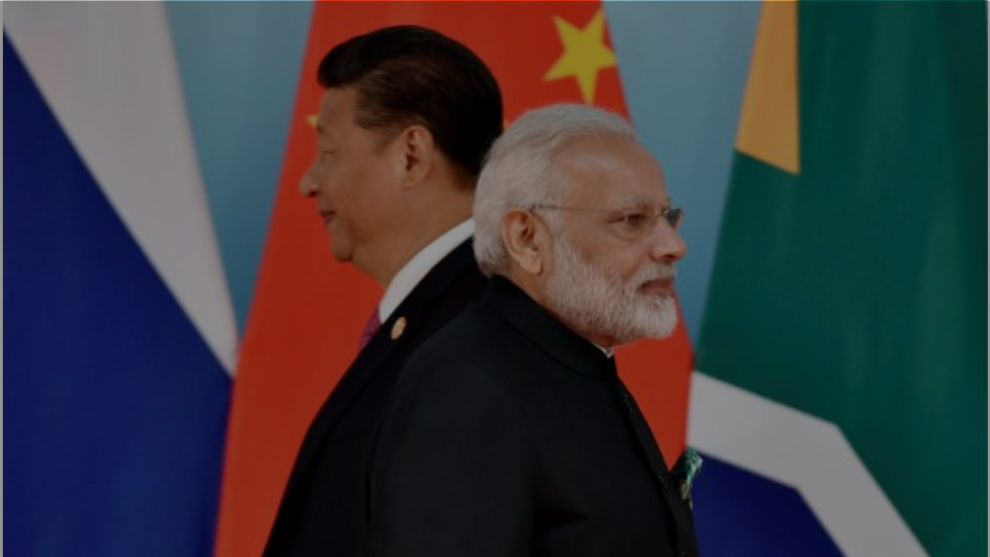India has taken a decisive step towards tightening its grip on tech imports by announcing a ban on 17 Chinese companies from participating in government tenders. This move, unveiled on February 25, 2024, signals India’s determination to address strategic and security risks associated with Chinese technology penetration into its market.
The ban, affecting prominent companies including Xp-pen, Highvision Hikvision, Lenovo, Dahua, and Nokia, prohibits their products from government acquisitions. This action underscores India’s growing concerns over foreign technology’s potential impact on national security and strategic autonomy.
The decision is part of India’s broader effort to regulate foreign participation in public procurement, particularly from nations sharing a land border. The ban reflects worries over the extensive use of Chinese products in critical sectors, raising fears of surveillance and telecommunications vulnerabilities.
However, the exclusion of certain firms like Huawei and Alcatel Lucent, despite significant Chinese investments, has led to questions about the ban’s criteria. This selective approach suggests a nuanced strategy by the Indian government, possibly influenced by broader geopolitical considerations or specific security assessments.
Beyond its economic implications, the ban carries significant geopolitical weight, reflecting the evolving dynamics of India-China relations. The move is expected to impact diplomatic ties and international trade relations as India asserts its technological sovereignty and secures its digital infrastructure.
Overall, India’s ban on Chinese tech companies marks a crucial moment in global tech governance and geopolitics, with implications extending far beyond bilateral relations. As the world watches, the outcome of this decision will shape the future landscape of technology, security, and international diplomacy.



